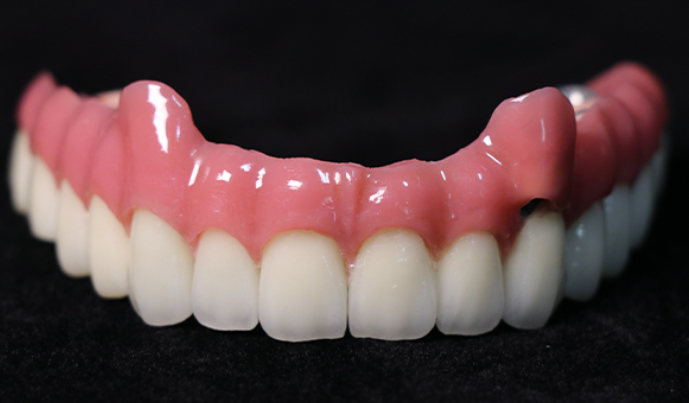Exploring Advanced Solutions for Dental Restoration
Dental restoration treatments have come a long way in recent years, offering patients a plethora of options to regain their beautiful smiles and optimal oral health. From traditional approaches to innovative advancements, it is important to learn about various types of dental restoration treatments, including hybrid implants, to make an informed decision. This article aims to provide a comprehensive overview of these treatments, their benefits, and how they can transform your dental health.
The Basics of Dental Restoration
Before delving deep into the world of dental restoration treatments, it is crucial to understand its fundamentals. Dental restoration involves repairing and replacing damaged or missing teeth to restore functionality, aesthetics, and overall oral health. This can be achieved through various techniques, each catering to specific dental conditions and individual needs.
Traditional Restoration Techniques
Traditional restoration techniques have been extensively used for decades and continue to be relevant today. These techniques include dental fillings, crowns, and bridges. Dental fillings, commonly made of composite resin, restore teeth affected by cavities or small fractures. Crowns, on the other hand, are tooth-shaped caps that encase a damaged or weakened tooth, offering protection and support. Bridges are used to replace missing teeth by anchoring artificial teeth to adjacent natural ones.
Innovative Hybrid Implants
In recent years, hybrid implants have emerged as a revolutionary option for dental restoration. Combining the benefits of dental implants and dentures, hybrid implants provide a secure and permanent solution for replacing missing teeth. This technique involves placing titanium implants in the jawbone, which fuse with the bone over time, creating a strong foundation for the hybrid denture. The hybrid denture itself is customized to fit seamlessly with the remaining natural teeth, providing excellent aesthetics and functionality.
One of the key advantages of hybrid implants is their ability to restore full arches of teeth using just a few implants. This makes them an ideal choice for individuals with multiple missing teeth or extensive tooth loss. Hybrid implants offer superior stability and chewing efficiency compared to traditional dentures, greatly enhancing the patient's quality of life. Additionally, they help preserve the jawbone's integrity and prevent further bone loss, which is common with other restoration methods.
Summary
In conclusion, dental restoration treatments have evolved significantly, providing patients with a wide range of options to achieve optimal oral health and restore their smiles. Traditional techniques, such as fillings, crowns, and bridges, are still effective in addressing specific dental conditions. However, the advent of hybrid implants has revolutionized dental restoration, offering a permanent and aesthetically pleasing solution for extensive tooth loss. Understanding these various restoration methods empowers individuals to make informed decisions about their oral health, ensuring a confident and healthy smile for years to come.





